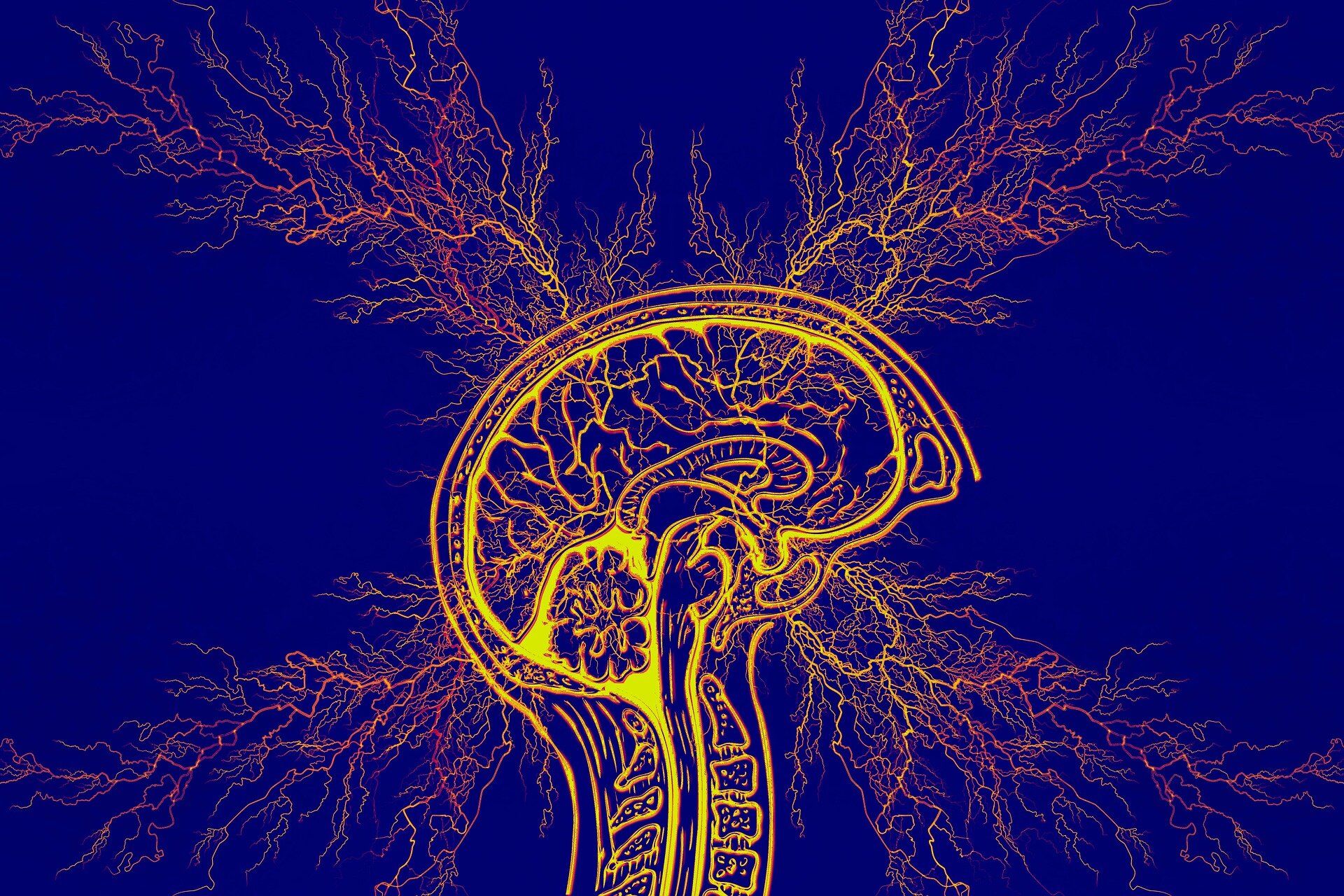Image source: Pixabay/CC0 Public Domain
× closure
Image source: Pixabay/CC0 Public Domain
Attention deficit hyperactivity disorder (ADHD) is closely related to people’s mental and physical health, and patients are often accompanied by a series of health problems. Researchers at the University of Tartu found that this is also true for people who have not yet been diagnosed but are at genetic risk for ADHD.The research is published in the journal psychological medicine In early April.
ADHD is a childhood-onset neurodevelopmental disorder that is diagnosed more frequently in boys than girls. It usually persists into adulthood but is often underdiagnosed in adults. ADHD is characterized by hyperactivity, impulsivity, and inattention.
It is known from previous research that ADHD is associated with a variety of disorders that have a significant impact on people’s quality of life. However, comorbid health problems in undiagnosed populations have not been extensively studied.
Researchers from the Institute of Genomics at the University of Tartu used data from more than 111,000 Estonian Biobank participants to examine the association between ADHD genetic risk and all diagnoses in the health insurance fund database between 2004 and 2020. A medical diagnosis was found to be associated with a higher genetic risk for ADHD, which corresponds with previous research on people with ADHD.
“While the association between ADHD diagnosis and comorbid health problems has been investigated in the past, our study shows that these conditions are also more common in people with a high genetic predisposition to ADHD. This makes prompt detection and treatment of ADHD even more important. Kelli Lehto, one of the study’s authors and associate professor of neuropsychiatric genetics at the University of Tartu, explains: “The onset of ADHD symptoms and the problems they can cause, as they have a significant impact on a person’s health throughout their life. “
“Interestingly, we found that the associations between men and women were very similar, although boys were much more likely to be diagnosed with ADHD. This suggests that ADHD is clearly more often diagnosed in women. Neglected, but they still suffer from related health problems,” adds Elis Haan, a researcher in psychiatric genetics at the University of Tartu.
The researchers said some of the associations found may be due to higher-than-average impulsivity and unhealthy lifestyles associated with ADHD. For example, this may lead to more frequent smoking and drinking, as well as impulsive eating behaviors that can lead to obesity, type 2 diabetes, heart disease, lung disease, or inflammation.
“Today, ADHD remains undiagnosed in the adult population. The association of a genetic predisposition to ADHD with many health conditions suggests that attention should be paid to the presence of certain health problems in undiagnosed ADHD possibility,” explains psychiatric psychiatrist Tuuli Sedman. Viljandi Hospital Clinic.
Particular attention should be paid to girls and women, who, according to genetic risk analyses, have the same prevalence of ADHD-related disorders as men. Researchers acknowledge that currently diagnosing ADHD is still a fairly time-consuming process. However, research to date suggests that future diagnostics may become faster and more accurate thanks to personalized genetic risk assessment.
More information:
Elis Haan et al., Association between genetic predisposition to attention deficit hyperactivity disorder and ICD-10 medical conditions in adults: using electronic health records in a phenotype-wide association study, psychological medicine (2024). DOI: 10.1017/S0033291724000606
Journal information:
psychological medicine
Provided by the Estonian Research Council
#High #genetic #risk #ADHD #health #consequences
Image Source : medicalxpress.com
